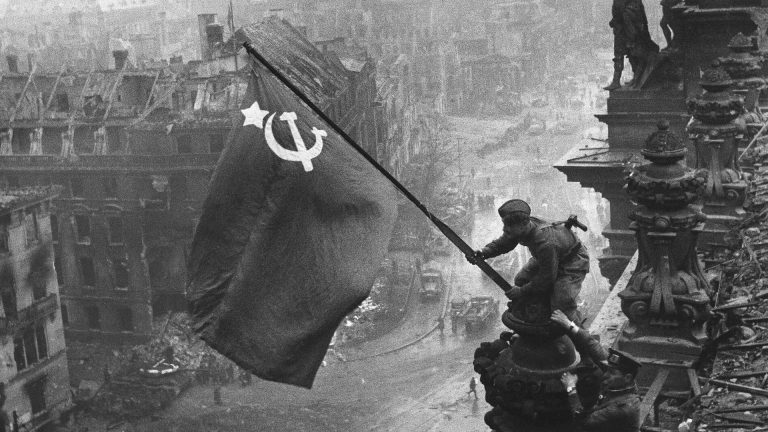When The USSR And China Saved Humanity
2025 marked the 80th anniversary of the defeat of fascism in World War Two. Unfortunately, the history of this extremely important conflict is not very well understood today.
It was not the United States and its Western allies that defeated fascism in WWII. That is a myth that is promoted by Hollywood movies.
In reality, it was the Soviet Union and China that defeated fascism in WWII. However, their heroic contribution was later erased by the West, when the US waged the First Cold War against the global socialist movement.
The vast majority — approximately 80% — of Nazi casualties were on the Eastern Front, in the Third Reich’s savage, scorched-earth battles against the Soviet Red Army.








